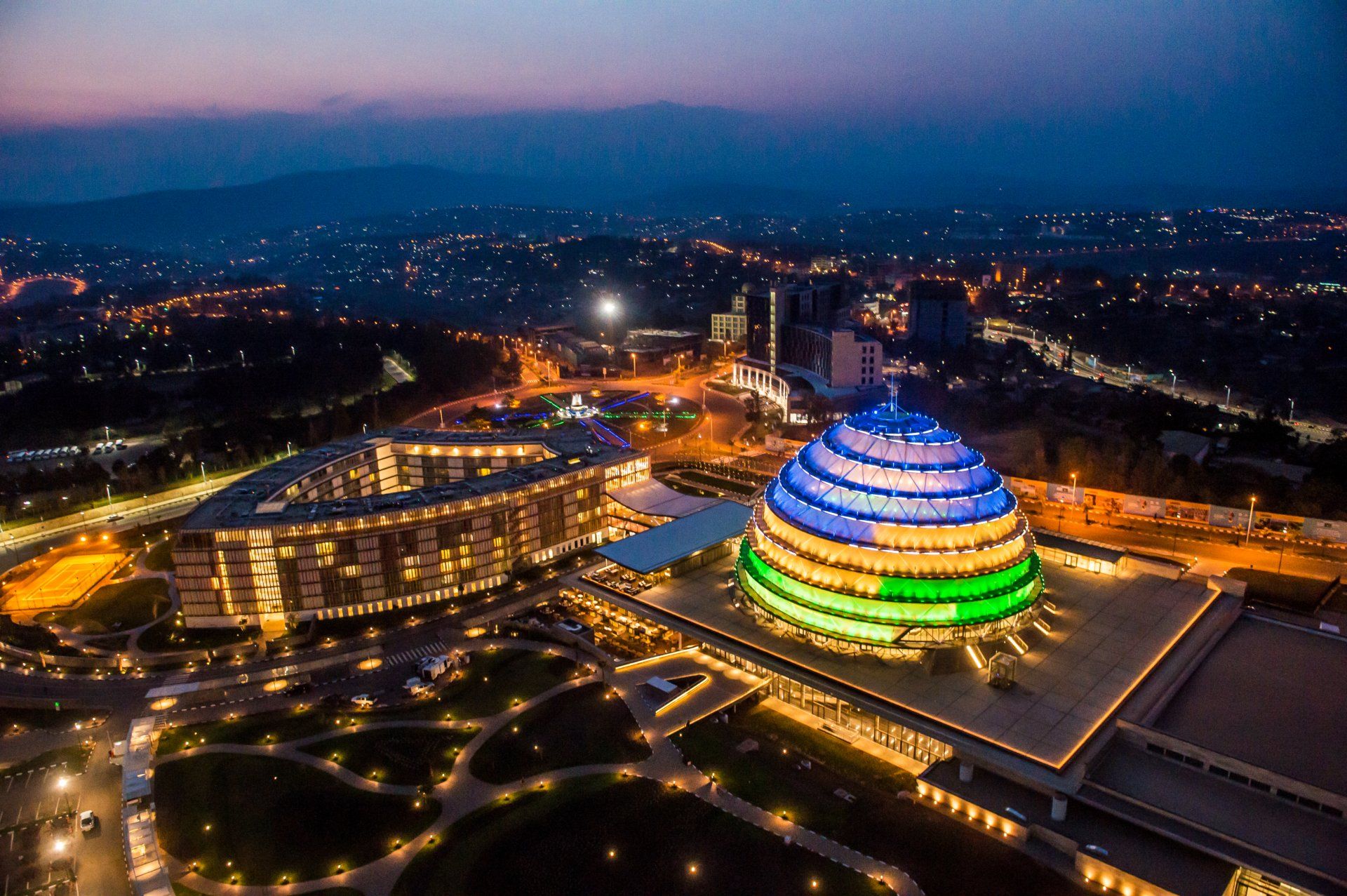Rwanda seeks to build stronger partnerships with South Korea, focusing on human and technological capital and attracting more Korean investments to accelerate the country’s shift from aid dependency to a trade-driven, industrialised industrialised economy.
In an interview with The Korea Herald, Rwandan Minister of Foreign Affairs and International Cooperation Olivier Nduhungirehe emphasised that South Korea’s role in Rwanda’s socioeconomic transformation is crucial. He highlighted Rwanda’s Vision 2050, which targets achieving upper-middle-income status by 2035 and high-income status by 2050, as part of the National Strategy for Transformation (NST2). According to the minister, this vision is driven by a state-led approach to foster job creation, export growth, and improve education.
Nduhungirehe pointed out that South Korea has been vital in Rwanda’s growth across sectors. He noted that Rwanda aims to transition from aid to self-reliance by fostering local industries that produce “Made in Rwanda” products for export.
Despite Rwanda’s impressive 8.2% GDP growth in 2023, external aid remains significant, with 35.91% of the national budget for 2024-2025 expected to come from grants and loans. However, the long-term goal is to reduce reliance on aid, a testament to Rwanda’s promising economic trajectory.
Rwanda and South Korea signed a $1 billion framework agreement for concessional funding from 2024 to 2028. The partnership will focus on transportation, healthcare, and education—critical sectors identified in Rwanda’s NST2. Rwanda is also one of South Korea’s seven core African partners receiving Official Development Assistance (ODA), with aid reaching 30 billion won ($22.6 million) in 2023.
Beyond aid, Nduhungirehe expressed the desire for more Korean companies to establish operations in Rwanda, underscoring industrialisation’s importance in boosting trade and local manufacturing. Several major Korean firms, including KT Corporation, Hyundai Motor Company, and Samsung Electronics, have made inroads in Rwanda’s growing market.
Nduhungirehe highlighted Rwanda’s tax reforms, the establishment of the Kigali International Finance Center, and the development of Kigali Innovation City as critical initiatives to attract foreign investment. Rwanda’s governance improvements, including efforts to eradicate corruption, have also made the country an attractive destination for international business. The 2020 World Bank Doing Business Report ranked Rwanda 38th globally and 2nd in Africa for its business environment.
Investment in Rwanda is booming. In 2023, the Rwanda Development Board (RDB) recorded $2.47 billion in assets, a 50% increase from the previous year. Export revenue also grew by 17.2%, reaching $3.5 billion.
Rwanda’s participation in the Korea-Africa Summit further solidified the strategic partnership between the two countries. The summit saw the signing of a Trade and Investment Promotion Framework and a memorandum of understanding to promote cooperation in innovative city development, infrastructure, and mobility.
Nduhungirehe said Rwanda seeks to follow South Korea’s development path, which has transformed it from an ODA recipient to a provider. He praised Korea’s rapid development as a model for African nations, noting that Rwanda aims to emulate Korea’s success through its partnership to accelerate the country’s industrialisation and trade-driven growth, inspiring hope for Rwanda’s future.
For more tech news and insights, visit Rwanda Tech News, and explore similar topics and trends in the world of technology.



